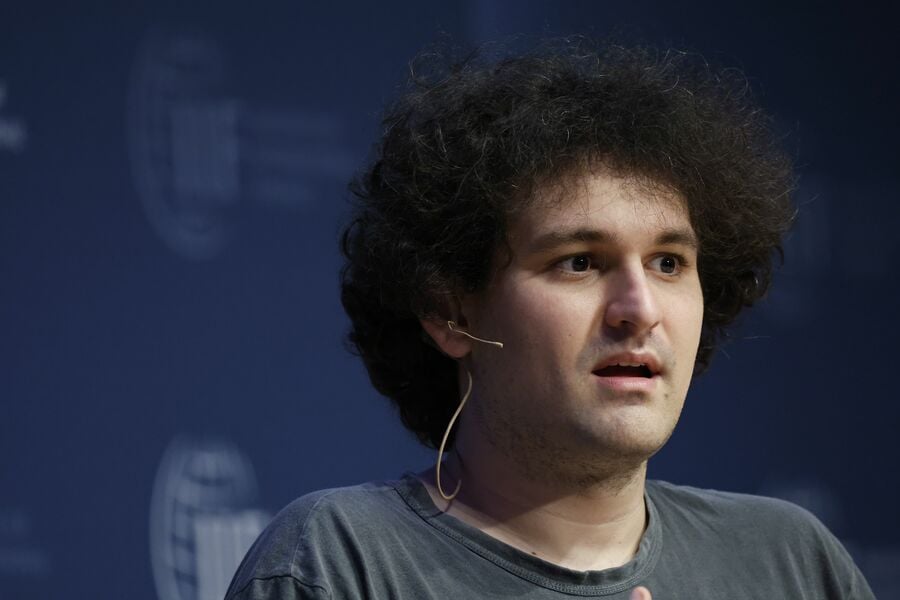

FTX co-founder Sam Bankman-Fried was accused by U.S. regulators of carrying out a multiyear scheme to defraud investors.
The Securities and Exchange Commission said Tuesday that Bankman-Fried, who was arrested on Monday in the Bahamas and is facing criminal charges in the U.S., raised more than $1.8 billion from investors. The SEC also said he concealed risks and FTX’s relationship with his trading firm, Alameda Research, and used commingled customer funds.
“We allege that Sam Bankman-Fried built a house of cards on a foundation of deception while telling investors that it was one of the safest buildings in crypto,” SEC Chair Gary Gensler said in a statement.
Bankman-Fried diverted billions of dollars of customer funds to help grow his other entities, the SEC said in its complaint filed Tuesday in New York’s Southern District court. The SEC complaint alleges that FTX raised more than $1.8 billion, including $1.1 billion from about 90 U.S.-based investors, in an “orchestrated scheme to defraud equity investors” who bought in based on the belief that FTX had appropriate controls.
Alameda Research was allowed to carry a negative balance on FTX and was exempt from the exchange’s risk protocols, according to the complaint. The SEC said that Bankman-Fried personally directed that FTX’s “risk engine” not apply to Alameda and hid the extent of the ties between the two entities from investors.
The SEC claimed that as late as last month, Bankman-Fried was continuing to mislead investors while trying to fill a multibillion-dollar hole while FTX was unable to make good on billions in withdrawal demands from customers. It only stopped when FTX and Alameda filed for bankruptcy protection on Nov. 11, the regulator said.
The SEC is seeking to bar Bankman-Fried as an officer or director of a public company or from offering crypto or other securities. The agency is seeking to force him to turn over his ill-gotten assets.

The agent, Todd Bernstein, 67, has been charged with four counts of insurance fraud linked to allegedly switching clients from one set of annuities to another.

“While harm certainly occurred, it was not the cataclysmic harm that can justify a nearly half billion-dollar award to the State,” Justice Peter Moulton wrote, while Trump will face limits in his ability to do business in New York.

Sieg, 58, was head of Merrill Wealth Management, left in 2023 and returned that September to Citigroup, where he worked before being hired by Merrill Lynch in 2009.

Technology can do a lot of things, but advisors still have undeniable value

Two longtime RIA industry figures have joined the board of directors at TaxStatus, a fintech company that garners thousands of IRS data points on clients to share with advisors for improved financial planning oversight and time savings.
Orion's Tom Wilson on delivering coordinated, high-touch service in a world where returns alone no longer set you apart.
Barely a decade old, registered index-linked annuities have quickly surged in popularity, thanks to their unique blend of protection and growth potential—an appealing option for investors looking to chart a steadier course through today's choppy market waters, says Myles Lambert, Brighthouse Financial.
